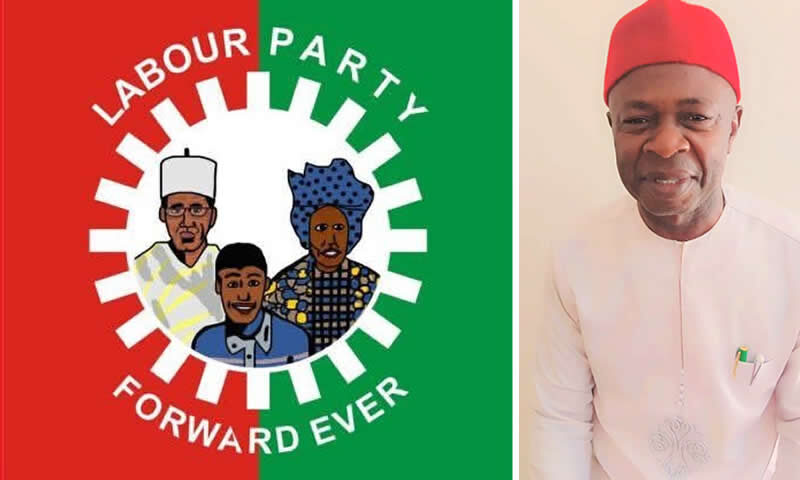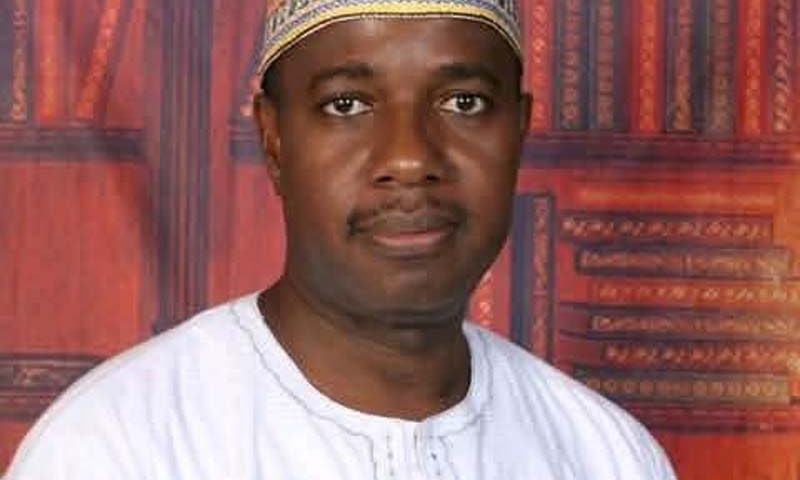“Given the vital role that petrol plays in driving various sectors of the economy, such as transportation and power generation, the management of fuel subsidy holds crucial implications for Nigeria’s overall economic stability“
Africa’s largest economy is reportedly expending a staggering sum of N600 billion each month on petrol subsidy, as disclosed by the CEO of Rainoil Limited, Mr. Gabriel Ogbechie. This revelation came to light on Tuesday during the Stanbic IBTC Energy and Infrastructure Breakfast Session held in Lagos.
During the insightful session, Ogbechie underscored Nigeria’s daily fuel consumption rate which stands at an impressive 40 million litres. At the prevailing foreign exchange rate of N1,300, he emphasized that the government’s subsidy per liter of fuel ranges between N400 and N500. This calculation ultimately results in an astronomical monthly subsidy outlay of approximately N600 billion.
The revelation sheds light on the substantial financial burden that the Nigerian government bears in maintaining petrol subsidy, and highlights the economic complexities involved. The magnitude of this expenditure underscores the challenges faced by the government in balancing fiscal responsibilities while ensuring affordable fuel prices for its citizens.
Ogbechie’s statement amplifies the need for a comprehensive examination of Nigeria’s fuel subsidy policy and its long-term sustainability. The significant subsidy allocation raises pertinent questions about the efficiency and effectiveness of current subsidy mechanisms and their impact on the country’s economy.
Given the vital role that petrol plays in driving various sectors of the economy, such as transportation and power generation, the management of fuel subsidy holds crucial implications for Nigeria’s overall economic stability and growth prospects. The scale of the subsidy expenditure underscores the importance of devising strategic approaches to address the complex interplay between fuel pricing, government revenue, and public welfare.
The CEO’s remarks serve as a call to action for policymakers and stakeholders to engage in constructive dialogues aimed at reforming the nation’s energy subsidy framework. By fostering transparency, accountability, and efficiency in subsidy management, Nigeria can navigate the challenges posed by escalating subsidy costs while promoting sustainable development and economic resilience.
The disclosure by Rainoil’s CEO underscores the pressing need for a holistic review of Nigeria’s fuel subsidy policy to align with the country’s economic realities and long-term development objectives. By addressing inefficiencies and fostering innovation in energy pricing mechanisms, Nigeria can chart a path towards a more sustainable and resilient energy sector, driving inclusive growth and prosperity for its populace.
Thankfully, Dangote Refinery which has already begun local production of aviation fuel and diesel, is scheduled to start producing motor spirit, commonly known as fuel, from May 2024. This development is anticipated to remove the additional strain on our foreign reserves and also erase the need for the mild subsidy interventions by the Federal Government aimed at alleviating the plight of Nigerians.
The commencement of local motor spirit production by Dangote Refinery marks a significant step towards bolstering Nigeria’s self-sufficiency in fuel production. By reducing reliance on imported fuel, the country stands to enhance its economic stability and reduce the financial burden associated with fuel subsidy.
This milestone heralds a potential shift in Nigeria’s energy landscape, paving the way for greater energy security and independence. As the refinery expands its production capabilities to include motor spirit, it is poised to play a pivotal role in reshaping the nation’s fuel supply dynamics.
Overall, the upcoming local production of motor spirit by Dangote Refinery represents a promising opportunity for Nigeria to strengthen its energy sector, reduce external dependency, and optimize resources for the benefit of its citizens.






